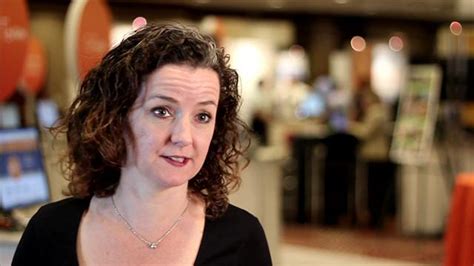A Quote by Norman Vincent Peale
Positive thinking is how you think about a problem. Enthusiasm is how you feel about a problem. The two together determine what you do about a problem.
Quote Topics
Related Quotes
For the problem of decision-making in our complicated world is not how to get the problem simple enough so that we can all understand it; the problem is how to get our thinking about the problem as complex as humanly possible--and thus approach (we can never match) the complexity of the real world around us.
I am not keen on the idea of an oversharer. I don't like that as a problem. I have more of a problem with an undershare. If I'm talking to somebody and I ask them how their love life is and they say "fine," that's a problem for me. I want to know things about people, I feel like we're all here on this planet, and intimacy is important.
Look at all the things that can go wrong for men. There’s the nothing-happening-at-all problem, the too-much-happening-too-soon problem, the dismal-droop-after-a-promising-beginning problem; there’s the size-doesn’t-matter-except-in-my-case problem, the failing-to-deliver-the-goods problem…and what do women have to worry about? A handful of cellulite? Join the club. A spot of I-wonder-how-I-rank? Ditto.
You know how it always is, every new idea, it takes a generation or two until it becomes obvious that there's no real problem. It has not yet become obvious to me that there's no real problem. I cannot define the real problem, therefore I suspect there's no real problem, but I'm not sure there's no real problem.
There are different interpretations of the problem of universals. I understand it as the problem of giving the truthmakers of propositions to the effect that a certain particular is such and such, e.g. propositions like 'this rose is red'. Others have interpreted it as a problem about the ontological commitments of such propositions or a problem about what those propositions mean.
Abraham Maslow taught me, that when you're working with a patient, never let them spend more than a few moments on the problem, because what you think about is what expands, and if they're talking about the problem all the time, when they leave your session, the problem will expand. Get 'em to put their attention on what they intend to create, or on solutions.





































